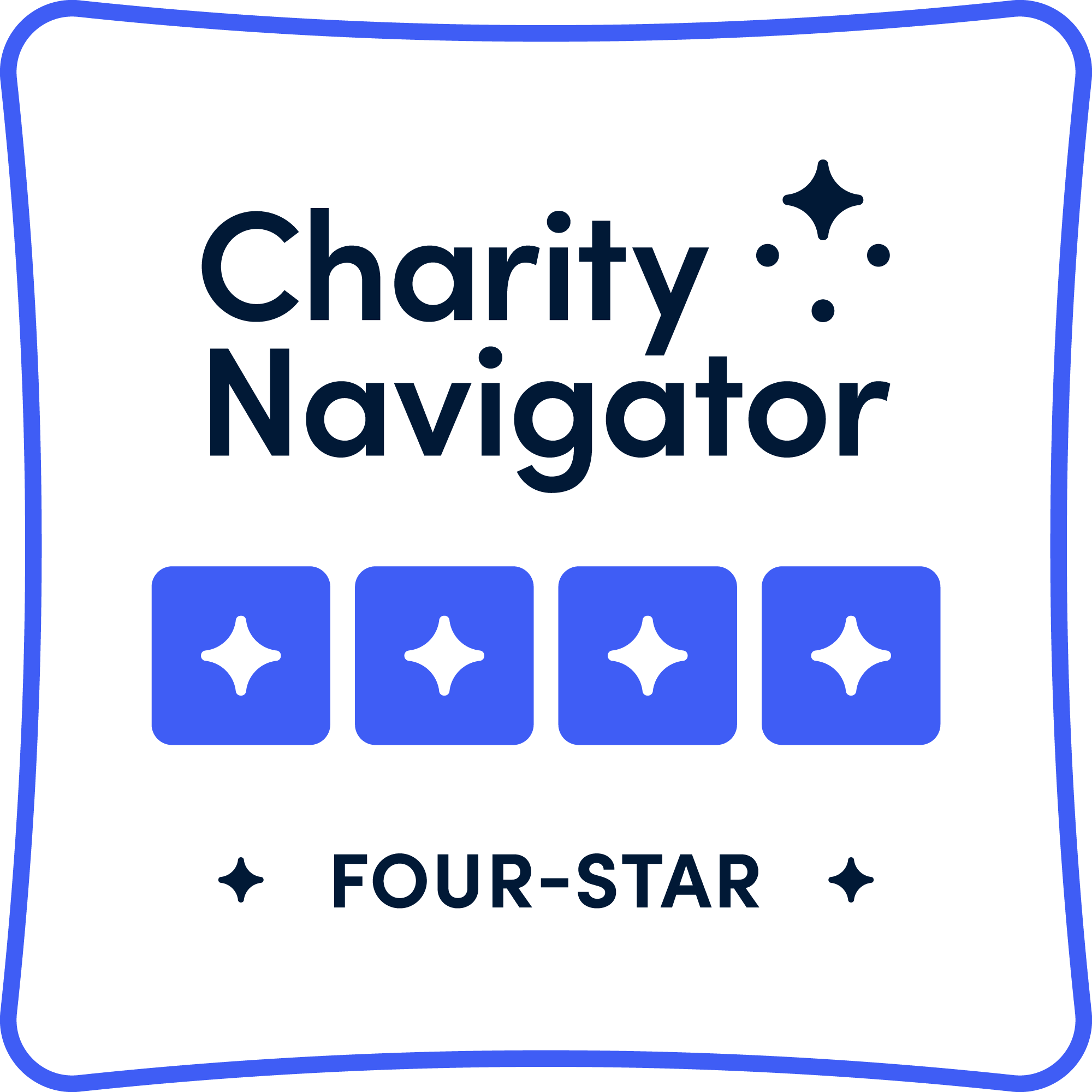New Study Suggests Strong Social Support Can Improve Cancer Outcomes

Study conducted by researchers at Kaiser Permanente found women diagnosed with colorectal cancer who had low social support before diagnosis were more likely to succumb to their illness.
A new study from researchers at Kaiser Permanente sheds light on the importance of social support for women diagnosed with colorectal cancer. Because March is colorectal cancer awareness month, understanding the critical role of social support for women diagnosed with the disease can help health care providers, caregivers, and communities take steps to ensure that women affected by the illness receive the proper support at the time they need it most.
Breaking Down the Study Findings
Led by Candyce Kroenke, MPH, ScD, a research scientist with the Kaiser Permanente Division of Research, the study analyzed data from 1,429 women enrolled in the Women’s Health Initiative, a long-term national study focused on strategies to prevent heart disease, breast and colorectal cancer, and osteoporosis in post-menopausal women.
Kroenke and her team focused on the women’s social support systems — including personal connections, links with their communities, and living status (single, cohabitating, or married) — and discovered that women diagnosed with colorectal cancer who reported low social support prior to their diagnosis experienced 42 percent higher mortality than those who reported high levels of support. Their findings build on previous research conducted by Kroenke in 2016, which tied strong social support to improved outcomes for breast cancer patients, and further confirm the importance of such support for patients diagnosed with serious illnesses.
Published in the journal Cancer on Jan. 23, the study encourages patients who have been diagnosed with a serious illness such as colorectal cancer to turn to others for support when needed. It also recommends that health care providers work to identify those patients who could benefit from additional social support and connect them with resources that might be able to assist them. Read the full article here.
Identifying Social Support for Colorectal Cancer Patients
For patients who lack social support from their families and communities, the National Cancer Institute provides a wealth of resources to help connect them with other support services, including cancer support groups.
Cancer support groups host meetings that patients diagnosed with cancer and their caregivers can attend, often at no cost. According to the National Cancer Institute, cancer support groups for patients diagnosed with colorectal cancer and other serious illnesses can:
- Help patients feel more hopeful about their diagnosis
- Give patients and opportunity to talk and work through their feelings
- Help patients cope with practical issues, such as problems at work or school
- Help patients deal with side effects associated with their treatments
In addition, some support groups are offered online or over the telephone to ensure that patients who are not able to travel to attend meetings in person are still able to receive important social support.
Visit the National Cancer Institute website for more information.
Working Towards a Cancer-Free World
In a perfect world, there would be no need for cancer support groups for colorectal cancer patients, because the disease could be cured just as quickly as it is detected. While we aren’t there yet, National Foundation for Cancer Research (NFCR) scientists like Wei Zhang, PhD, director of cancer genomics and precision oncology at the Comprehensive Cancer Center of Wake Forest, are tirelessly working to make this vision a reality.
With funding from the NFCR, Zhang and his colleagues have identified multiple novel cancer markers and oncogenic signaling molecules that are currently under extensive investigation to determine how well they can predict outcomes for patients diagnosed with stage four colorectal cancer.
Visit Zhang’s researcher profile on the NFCR website to learn more about his work.













